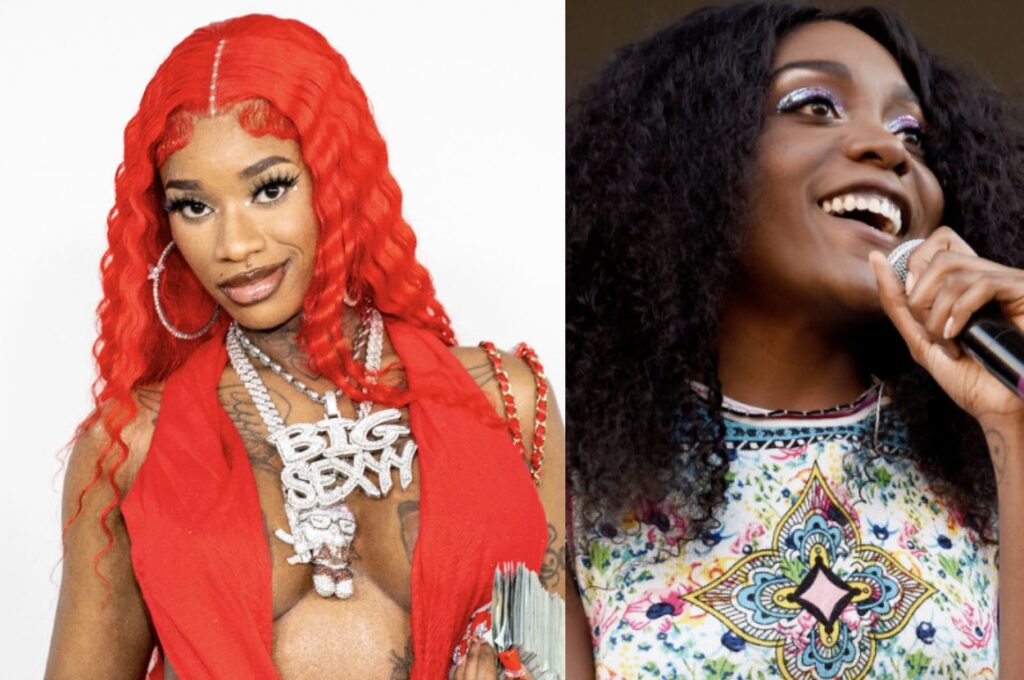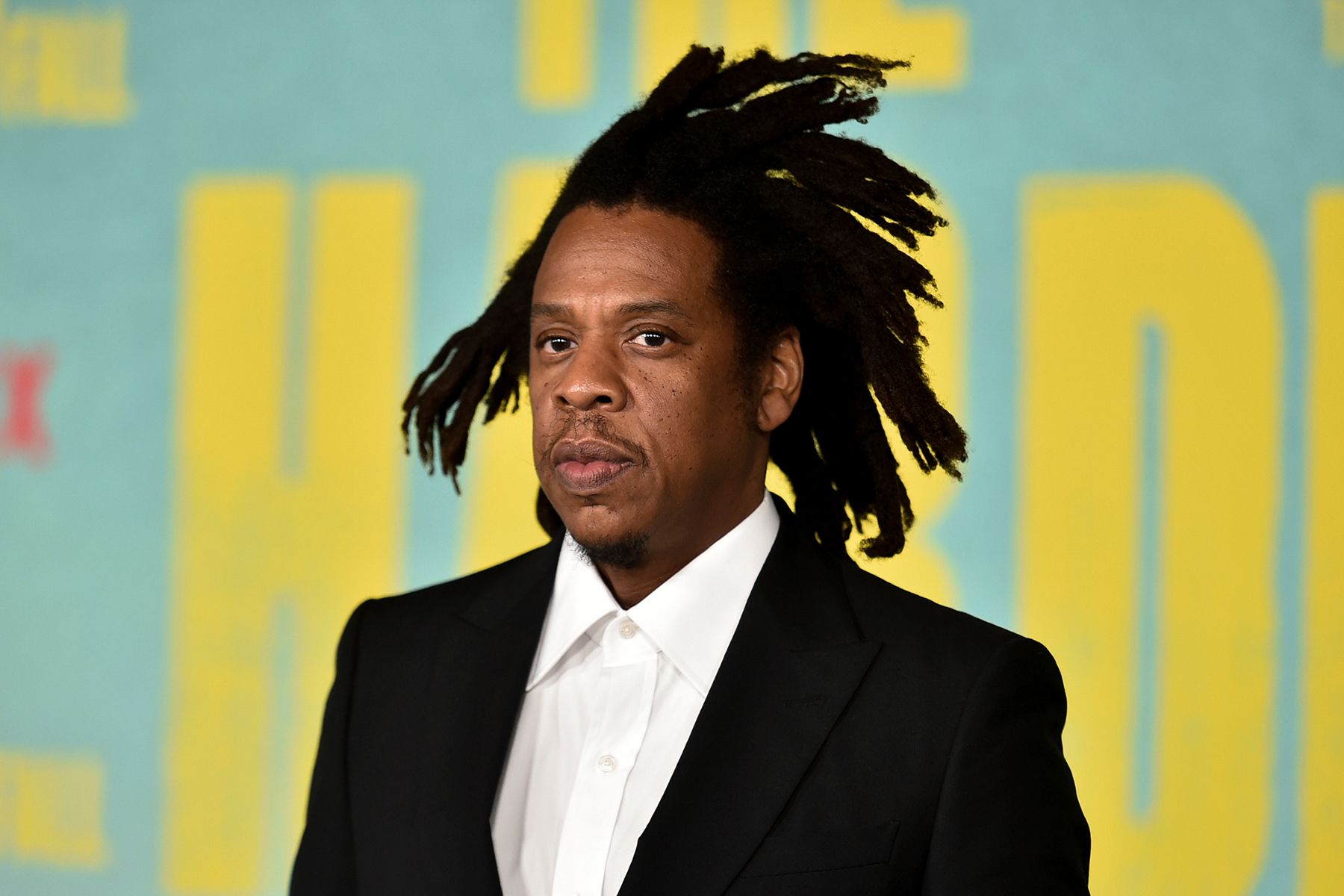
Why Sexyy Red and Noname Were Two of the Best Concerts of 2023, Foreshadowing What the Next Era of Rap Will Be
Terminal 5 is regarded by most New Yorkers as a shithole, a perception that is done no favors by the fact that the building housing the venue, on the Hudson River Waterfront in the northwestern corner of Hell’s Kitchen, presses against a modernist four-story Department of Sanitation garage that was once used for trash incineration, and is now home to hundreds of garbage trucks. It was once a club, and still looks like it, a warehouse that was hurriedly painted and lined with temp bars, bootlegged liquor, and a distressed sound system for an unlicensed word of mouth rave, or a fight club, or a sex club. On a Tuesday night before Halloween, it was briefly all of these things, held hostage by the breakout star of the year and crown jewel of the fall tour season, the St. Louis rapper Sexyy Redd, who came to town for a show that had to be added to her schedule after the first, at Irving Plaza, sold out in minutes.
Quietly, for those of us who spend too much time on our phones, it was a contentious summer in rap discourse. Amidst the triumphant, unlikely celebration of 50 years of hip-hop—full of long-overdue features, loving, nostalgia-tinged essays, and fantasy camp concert bills—a contrarian, strawman-packed strain of Gen-X counter narrative pushed back, arguing that all these ceremonies, all this press and hype and opportunities to collect checks and flowers for rap’s foundational, unsung legends, were bad, actually. That we were gathered here in honor of an empty, boring, white culture co-opted conglomeration of corporate interests, bereft of talent or fresh ideas, that bore little to no resemblance to an artform that was once inspired, boundary pushing, and exciting. The corpse had been drowned in the mainstream, and died long ago.
The critiques had the familiar bitter flavor of old-head gripe that have been essential to hip-hop’s narrative since its inception. The sort of convenient and intellectually lazy calls from inside the house, ingenious only in their incuriosity. It’s an ancient equation that says more about the critic leveling the misguided accusation: The music I fell in love with growing up has changed + I don’t like it anymore + That sucks = The music must now suck. As someone who grew up with and grew old with rap, I can relate—I’m an old head as well. But if I ever found myself sharing this sort of broad, echoed sentiment, I’d like to think that I’ve seen it proven wrong, seen these haters on the wrong side of history enough times to recognize it as a critical skill issue. The correlation between my life going stale, and the music I loved going stale at the same time, would simply be too great a coincidence to ignore.
To make matters worse, around the same period, Bed-Stuy native Fabolous, who was once a target of old-head ire because of his obsessive, one-note focus on materialism, drugs, and sex via clever, empty punchlines on Clue tapes, came out and criticized the state of women rappers as a monolith. In an attempt to present himself as a feminist champion that sailed wide left, the rapper who once said, “Pull it out like a pistol yo, kiss it on the balls like the dick a mistletoe,” said, “No disrespect to any female rappers out there, but I think there’s only one style of female rap/hip-hop being promoted, programmed, and looked at as successful now.”
This rash of the aforementioned “think” pieces and Fab’s dumb, misguided comments linked in my mind because of how easily, demonstrably wrong they were. And, to my dismay, both seemed to find a receptive audience who applauded the arguments for their truth-to-power bravery. I was stunned because it was apparent to me that anyone paying attention—exerting the bare minimum of effort at a time when rap has never been more accessible via technology, the music therein never more varied or plentiful—would know that rap is in great shape, currently being powered by a historically unprecedented women’s movement, a diverse, inspired, and rich coterie of young, gifted, and Black female MCs.
Proof of that, and further discourse on this moment in rap was found in the shows of Sexxy Red (in New York) and Noname (in Philadelphia)—two vital, diametrically opposed (in content) women rappers who dropped two of the year’s most defining projects, from two of rap’s oldest cities, with both concerts occurring less than a week apart.



